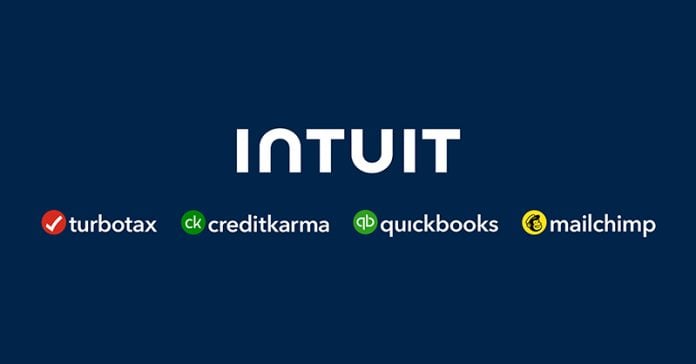Small business owners know that time is a precious commodity. With limited resources, the efficiency of daily operations can make or break their success. Intuit Inc., renowned for its financial technology solutions, has just launched a series of updates to QuickBooks aimed squarely at simplifying accounting tasks and enhancing operational efficiency. These innovations promise to save time and reduce errors, vital concerns for small business owners.
Key updates include QuickBooks Payments, an AI-powered bank feed, and support for intricate financial calculations like depreciation and construction industry compliance. Each tool is designed to minimize manual input, allowing business owners to focus on growth rather than administrative burdens.
The new QuickBooks Payments feature addresses a critical pain point: late payments. A staggering 73% of UK small and medium-sized businesses report issues with delayed invoices. Those affected spend up to 30 hours monthly chasing customers for payments. Hallmarked by its simple functionality, QuickBooks Payments allows users to link their bank account to invoices. Customers can make payments quickly and securely, cutting down on manual reconciliation time. This means that transactions automatically sync with business records, ensuring real-time updates with minimal effort.
Another significant benefit lies in the introduction of an AI-powered bank feed. Traditionally, categorizing bank transactions involves tedious manual work that often leads to errors. The AI function learns from user behaviors to suggest categories for transactions based on past actions. This not only speeds up the process but also allows for easy inline editing, giving users greater flexibility and accuracy in maintaining financial records. As Aaron Patrick, Head of Accounting at Boffix Ltd, noted, "The AI-powered bank feed alone has already saved hours of manual review."
Additionally, for businesses dealing with fixed assets, QuickBooks now supports multiple depreciation methods, including reducing balance depreciation. Accurately calculating depreciation is crucial for businesses to reflect their asset values effectively. This automation reduces the likelihood of manual errors while conforming to accounting standards.
In the construction sector, managing Compliance Industry Scheme (CIS) obligations can be particularly complex. QuickBooks has introduced bulk-sending capabilities for CIS statements to subcontractors, drastically reducing the time spent on compliance tasks. New reminders allow firms to stay organized and ensure timely submissions, helping avoid potential penalties—a concern that resonates with many business owners.
These updates come on the heels of an industry-wide demand for more intelligent and seamless financial management solutions. Ciarán Quilty, Senior Vice President of International at Intuit, emphasized the importance of customer feedback in driving these innovations. "We’re committed to listening to our customers to help businesses and accountants work smarter, not harder," he stated.
However, while these advancements promise efficiency, small business owners should also be aware of potential challenges. Transitioning to an integrated system like QuickBooks requires time and an initial investment, which may be difficult for some entrepreneurs. Additionally, learning to fully leverage AI capabilities will necessitate a learning curve, and not all users may feel comfortable with the technology at first.
Ultimately, these QuickBooks enhancements position small businesses to transform how they approach accounting, making it less about manual tasks and more about strategic growth. By automating processes and offering tools designed for seamless operation, Intuit is helping small business owners reclaim essential time and focus on what truly matters—their core business objectives.
For a deeper dive into these new features and continual updates, visit Intuit’s QuickBooks Launchpad. There, business owners can stay informed and leverage these enhancements to maximize their operational efficiency.
For the original press release, visit Intuit Press Release.
Image Via Intuit



